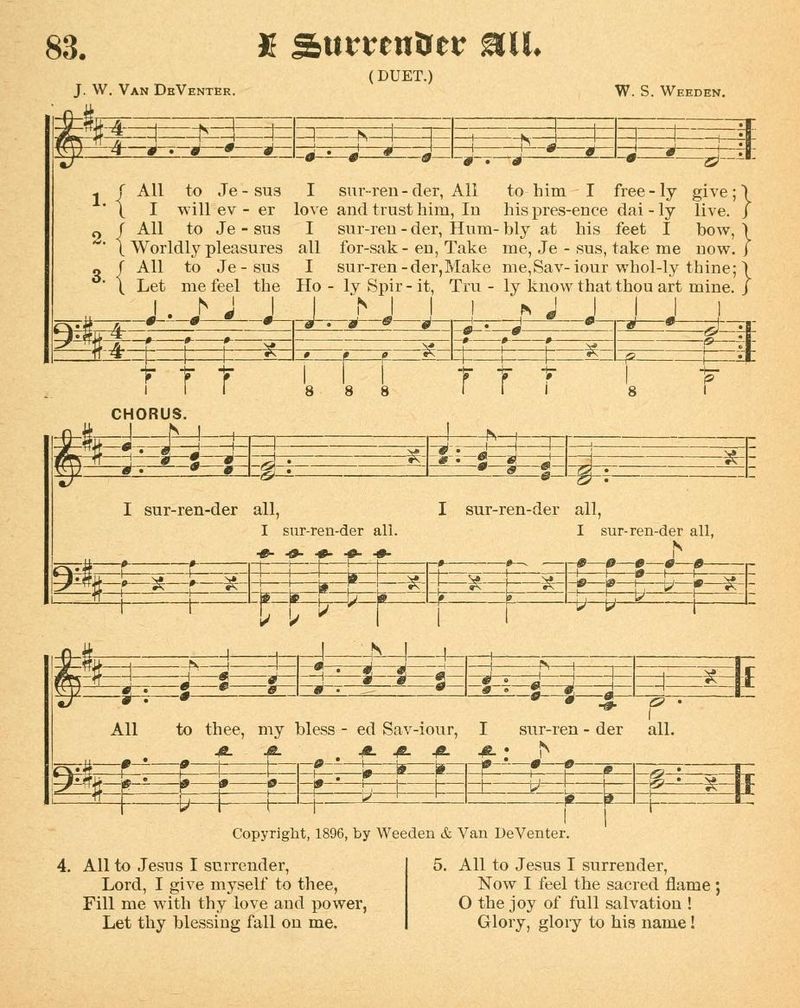After a week of being gut punched by the enemy to the point I couldn’t pray or worship, the Holy Spirit’s reassurance that God is still in control, Jesus’s blood still covers, and He is still working on our behalf for our good.
I will admit this week has been one of the hardest, if not the hardest, moments in my life. I spent most of it sobbing, gasping for air, and pleading for God to just work, just work. I had no other words, just sobs.
These moments are crucial decision moments where we can either lean away or lean into God. Tho I felt abandoned and hopeless, I told God I would lean into Him and what He has revealed to me over the last two years: He is there even though I can’t see Him; He is working on my behalf and on the behalf of those involved even though it doesn’t look like it; He loves me even though it doesn’t feel like it. Then I stood on the promise that it will all work out for good, and if it’s not good, it still being worked out.
Today’s devotion from Hebrews 3:1-6 shored up my legs for the inevitable battle that is right around the corner.
“Moses was certainly faithful in God’s house as a servant. He is work was an illustration of the truths of God would reveal later.” Hebrews 3:5
Moses was faithful to God in his servanthood. He never stopped serving when he got the air knocked out of him. He leaned into the Lord. Because he was faithful, everything he did – his work and life – showed the world, then and now, the truths of the God he served.
Moses was a faithful servant. He sought the presence of God, listened to God’s voice, and adhered to His commands to the best of his abilities. Those three decisions were the most important to Moses: seeking, listening, and obeying. The illustrations of the truths of God were in addition to what Moses did. They were a natural outcome of his seeking, listening, and obeying. there was nothing else that could have happened but the truths of God being revealed through is life.
One cannot constantly seek the presence of God, listen to His voice, and obey and then show anything else.
Were there be painful times? Yes.
Were there frustrating times? Yes.
Were there times when he had the air knocked out of him and he felt dismayed? I am most certain of it.
Moses didn’t have it easy, but through all of it, he continued to stay in the presence of God, and through all of it, God’s truths were revealed, illustrated, and written down for all to see.
“But Christ, as the Son, is in charge of God’s entire house. and we are God’s house, if we keep our courage and remain confident in our hope in Christ.” Hebrews 3:6
God’s house is not a building, but it is us, you and me – His followers, those who believe on Jesus’s sacrifice and accept is as our atonement.
When I was at my most vulnerable this last week, I did the only courageous and confident thing I could do. I leaned into God and asked Him to work for me. It wasn’t pretty. It wasn’t eloquent. It was amid deep, guttural sobs and loads of snot. The simple words were vomited out of a painfully contorted mouth. It was ugly and sad, and I felt broken and empty. It was all I could do.
When waves of hopelessness began to wash over me, I’d do it all again: “Just work, God. Please, just work.” It was a plea, not a command.
If didn’t feel courageous or confident at the time, and I still don’t if the truth be known. Relying on the fact that I am of the house of God and leaning into Jesus when devastation hits me may not look, on the outside, courageous or confident, but it is. It takes courage to lay down one’s pride and run to Jesus. Asking Him to help showed I was a part of God’s house. Knowing He would and will continue to help is revealing my confidence in the only One who can split the darkness and redeem the situation.
It didn’t feel good, but it doesn’t have to.
I am now confident that God is going not only going to reveal His truths to me and my family, but as I continue to seek His presence, listen to His voice, and obey Him, He will use us as an illustration of His truths.




